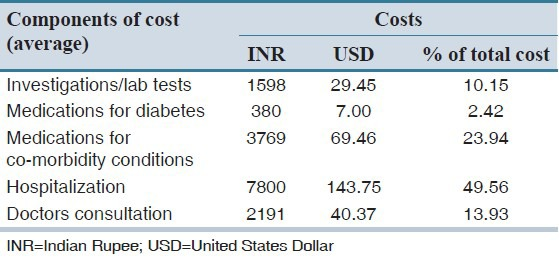The High Cost of Diabetes A Financial Burden
Diabetes, a chronic condition affecting millions worldwide, can significantly impact an individual’s financial health. The ongoing costs of managing diabetes, including medications, medical supplies, regular check-ups, and potential complications, can be substantial.
Key Cost Factors
- Medications: Insulin, oral medications, and other treatments can be expensive, especially for those without adequate insurance coverage.
- Medical Supplies: Costs for blood glucose meters, test strips, and insulin syringes can add up quickly.
- Doctor Visits and Lab Tests: Regular check-ups, A1C tests, and other diagnostic tests contribute to the overall cost.
- Complications: Diabetes can lead to serious complications like heart disease, kidney disease, and nerve damage, which require additional medical care and treatments.
- Diet and Lifestyle Changes: Maintaining a healthy diet and engaging in regular physical activity can be costly, especially for individuals with limited resources.
Strategies for Managing Diabetes Costs
- Health Insurance: Having comprehensive health insurance coverage can help offset the cost of diabetes care.
- Generic Medications: Generic medications often cost less than brand-name drugs.
- Patient Assistance Programs: Many pharmaceutical companies offer patient assistance programs to help reduce the cost of medications.
- Discount Cards: Prescription drug discount cards can help lower the cost of medications.
- Affordable Healthcare Plans: Explore government-sponsored health insurance programs like Medicare and Medicaid, or consider marketplace plans.
- Preventive Care: Regular check-ups and preventative measures can help reduce the risk of complications and lower long-term costs.
- Healthy Lifestyle: A healthy diet and regular exercise can help manage diabetes and reduce the need for costly medications.
The Economic Burden of Diabetes
Diabetes imposes a significant economic burden on individuals, families, and healthcare systems worldwide. The high cost of treatment can lead to financial stress, difficulty accessing care, and poor health outcomes. It is crucial to address the financial barriers associated with diabetes to ensure optimal management and improved quality of life for individuals with the condition.
By understanding the factors contributing to the cost of diabetes and implementing effective strategies, individuals can better manage their condition and reduce the financial impact on their lives.

